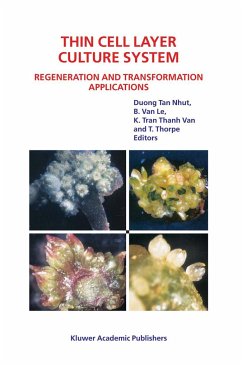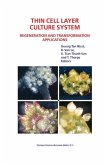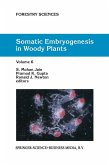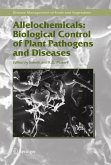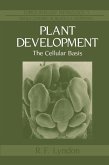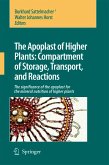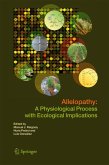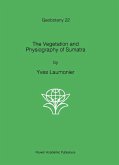Scientists within the field of plant biotechnology are in a constant search for techniques that can, in the simplest manner possible, answer the genetic and biochemical questions that underlie developmental processes. Thin Cell Layer Culture System not only takes an in-depth look at a technique that has had so much success in attempting, through various practical models and systems, to answer these issues, but also represents a celebration of almost 30 years of research that has covered a massive scope of plant species and areas of study. The initial studies conducted on tobacco thin cell layers (TCLs) - proving that organogenesis can be strictly controlled in vitro - allowed plant research to benefit from this finding, expanding this knowledge in a practical and applied manner into the biotechnological fields of tissue culture and micropropagation, cell and organ genetics and biochemistry.
The chapters in this book tell the enigmatic tale of TCLs. An historical perspective opens the scene for an inquiry into the possible cellular, biochemical and genetic processes that allow for the controlled development of a TCL into any organ type. The success of the system is further demonstrated in both monocotyledonous and dicotyledonous species, covering successful organogenesis and in vitro flowering in species within ornamental, leguminous and wood crops, cereals and grasses. Methodologies are outlined in detail, as is the rationale behind the TCL-organogenesis-developmental sequel. The TCL method, shown to be superior to many conventional micropropagation systems, has also shown to be vital in the recovery of transgenic plants.
This book is an essential part of every plant, cell and developmental biologist, geneticist and tissue culturalist's shelf as it addresses the primary issue of any plant: the cell, the tissue, and their subsequent development into a highly organized system.
The chapters in this book tell the enigmatic tale of TCLs. An historical perspective opens the scene for an inquiry into the possible cellular, biochemical and genetic processes that allow for the controlled development of a TCL into any organ type. The success of the system is further demonstrated in both monocotyledonous and dicotyledonous species, covering successful organogenesis and in vitro flowering in species within ornamental, leguminous and wood crops, cereals and grasses. Methodologies are outlined in detail, as is the rationale behind the TCL-organogenesis-developmental sequel. The TCL method, shown to be superior to many conventional micropropagation systems, has also shown to be vital in the recovery of transgenic plants.
This book is an essential part of every plant, cell and developmental biologist, geneticist and tissue culturalist's shelf as it addresses the primary issue of any plant: the cell, the tissue, and their subsequent development into a highly organized system.

